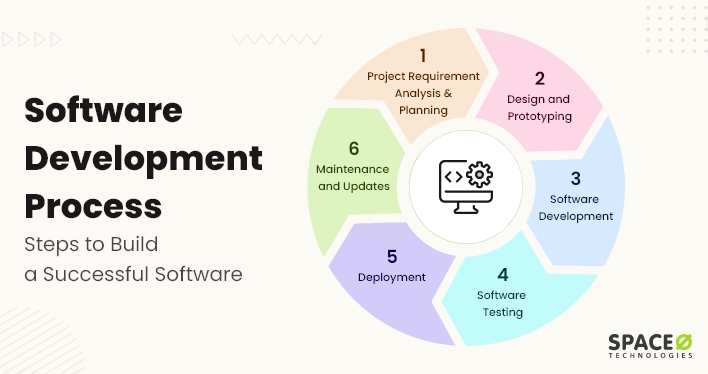JuJu News Hub
Your go-to source for the latest trends and insightful articles.
Code Like a Chef: Recipes for Software Success
Unleash your coding creativity! Discover delectable software recipes for success and elevate your development game to new heights.
5 Essential Ingredients for Writing Clean Code
Writing clean code is vital for any software development project, as it enhances readability and maintainability. Here are 5 essential ingredients that can help you achieve clean, efficient coding:
- Meaningful Names: Choose variable, function, and class names that clearly communicate their purpose. Avoid vague names, opting instead for descriptive terms that reflect the role of the element in the code.
- Consistent Formatting: Adhere to a consistent style guide throughout your code. This includes using uniform indentations, spacing, and braces. Consistency helps others understand your code more easily.
Continuing with the essential ingredients, consider the following:
- Modularity: Break down your code into smaller, reusable functions or modules. This not only makes your code cleaner but also enhances its reusability and reduces redundancy.
- Commenting and Documentation: While writing clean code should be self-explanatory, thoughtful comments and documentation can provide clarity for more complex sections. Ensure your comments explain the 'why' behind your decisions.
- Testing: Write tests for your code to ensure it functions as intended. This will help catch bugs early and assist in maintaining code integrity over time.

How to Debug Your Code Like a Pro: A Step-by-Step Recipe
Debugging your code effectively is an essential skill for any developer. Start by reproducing the issue; make sure you can consistently trigger the bug. Once you have identified the problem, create a list of potential causes. This will help you systematically narrow down the source of the issue. Use tools like debuggers and logging statements to track down where your code deviates from expected behavior. Remember, patience is key during this process. Often, the simplest explanation is the root cause.
Next, employ a step-by-step approach to resolving the bug. This can be broken down into the following steps:
- Isolate the problem by commenting out sections of code.
- Test each segment thoroughly to identify where the failure occurs.
- Make one change at a time to understand how each modification impacts the overall functionality.
- Document your findings as you go to avoid repeating the same mistakes in the future.
What Are Design Patterns and Why Should Every Developer Use Them?
Design patterns are reusable solutions to common problems that occur in software design. They represent best practices for designing software and help developers solve specific design challenges in a more efficient and reliable manner. By categorizing solutions into recognizable patterns, developers can simplify the design process, allowing them to communicate and collaborate more effectively. Some popular design patterns include Singleton, Observer, and Factory patterns, each offering a unique approach to solving various programming challenges.
Every developer should use design patterns because they enhance code readability and maintainability, making it easier to understand and modify code over time. Utilizing these patterns can reduce development time and effort, as they provide proven concepts that can be applied to new projects. Additionally, design patterns promote code reusability and can help developers avoid common pitfalls, resulting in more efficient, scalable, and robust applications.